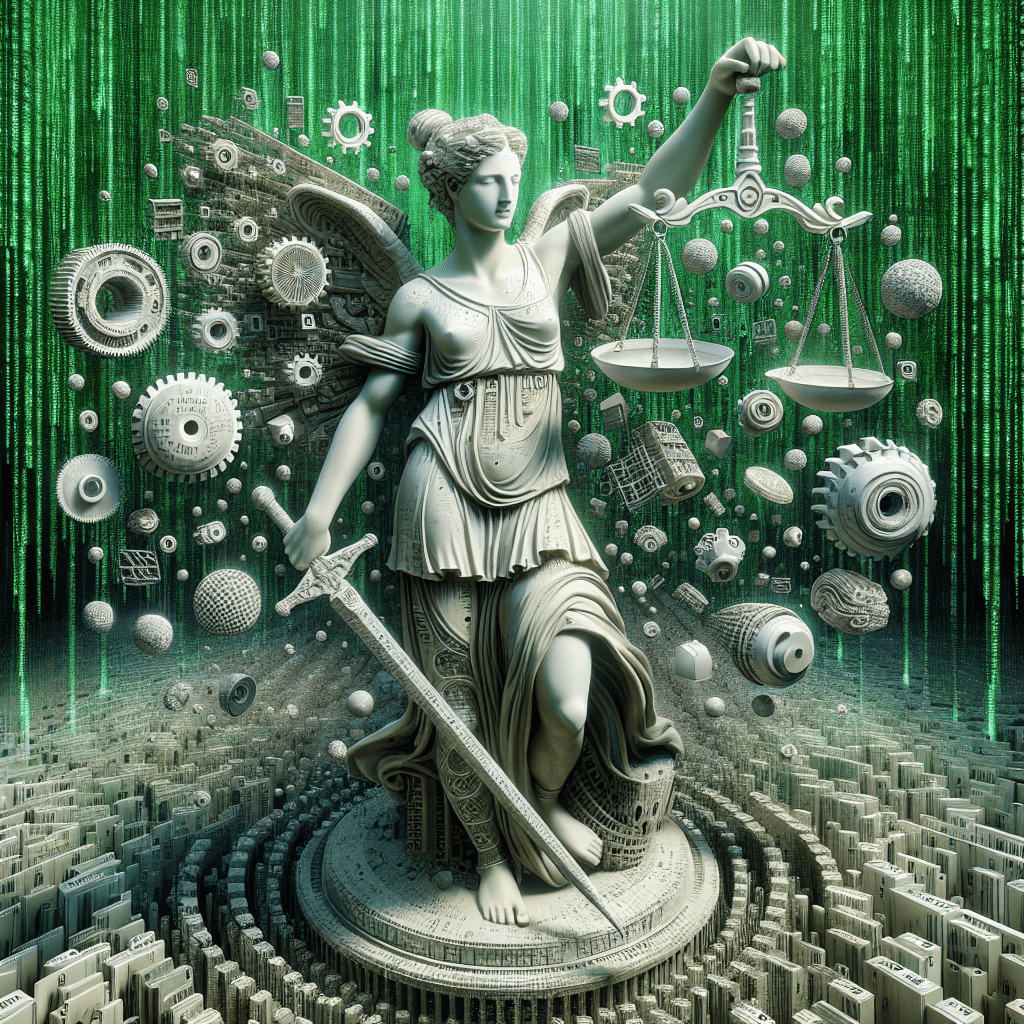In today’s fast-paced digital world, artificial intelligence (AI) is playing an increasingly significant role in shaping the way we live, work, and interact. From self-driving cars to personalized recommendations on streaming platforms, AI is everywhere, constantly evolving and pushing the boundaries of what was once thought possible.
However, with great power comes great responsibility. As AI continues to advance and become more integrated into our daily lives, there are growing concerns about the ethical implications of its development and use. Who are the guardians of the digital realm, tasked with ensuring that AI is developed and deployed in a way that is ethical and beneficial for society as a whole?
The importance of ethics in AI development
AI has the potential to revolutionize industries, improve efficiency, and enhance decision-making processes. However, it also raises a number of ethical concerns, such as bias in algorithms, invasion of privacy, and job displacement. It is crucial that these concerns are addressed proactively to ensure that AI benefits society without causing harm.
Ethical considerations in AI development involve a wide range of issues, including transparency, accountability, fairness, and privacy. Developers, researchers, policymakers, and other stakeholders must work together to establish guidelines and regulations that promote ethical AI practices and protect the rights of individuals.
The role of guardians in shaping AI ethics
Guardians of the digital realm are individuals and organizations who are dedicated to promoting ethical AI development and use. They play a key role in advocating for transparency, fairness, and accountability in AI systems, as well as raising awareness about the potential risks and challenges associated with AI.
Guardians can take on various roles, such as researchers investigating the ethical implications of AI, policymakers crafting regulations to govern its use, and activists advocating for greater transparency and accountability in the tech industry. By working together, these guardians can help shape the future of AI in a way that benefits society as a whole.
Conclusion
As AI continues to advance at a rapid pace, the need for ethical considerations in its development and use becomes increasingly important. Guardians of the digital realm play a vital role in ensuring that AI is developed and deployed in a way that is ethical, transparent, and accountable. By working together to address the ethical challenges of AI, we can harness its potential for positive impact and create a future where technology serves the greater good.
FAQs
What are some ethical concerns in AI development?
Some ethical concerns in AI development include bias in algorithms, invasion of privacy, job displacement, and lack of transparency and accountability.
Who are the guardians of the digital realm?
Guardians of the digital realm are individuals and organizations dedicated to promoting ethical AI development and use, advocating for transparency, fairness, and accountability in AI systems.
How can we address ethical challenges in AI development?
We can address ethical challenges in AI development by establishing guidelines and regulations that promote ethical practices, raising awareness about the ethical implications of AI, and working together to ensure that AI benefits society without causing harm.
Quotes
“Ethics is the new frontier of AI development, and guardians of the digital realm are essential in shaping a future that is ethical, transparent, and beneficial for all.” – John Smith, AI researcher
“As we push the boundaries of AI technology, it is crucial that we do so with ethics at the forefront of our minds. Guardians of the digital realm have a key role to play in ensuring that AI is developed responsibly and ethically.” – Sarah Jones, AI ethicist


